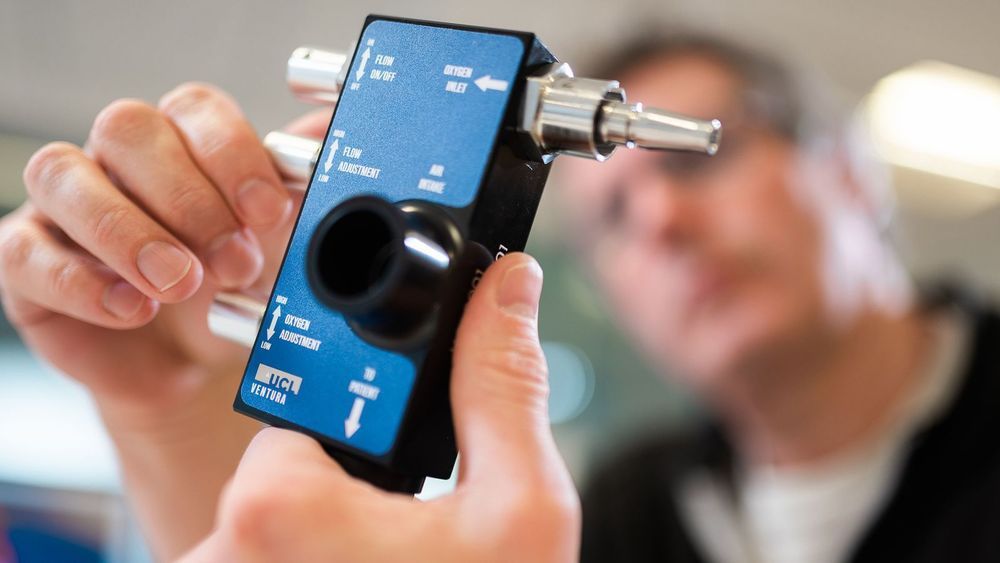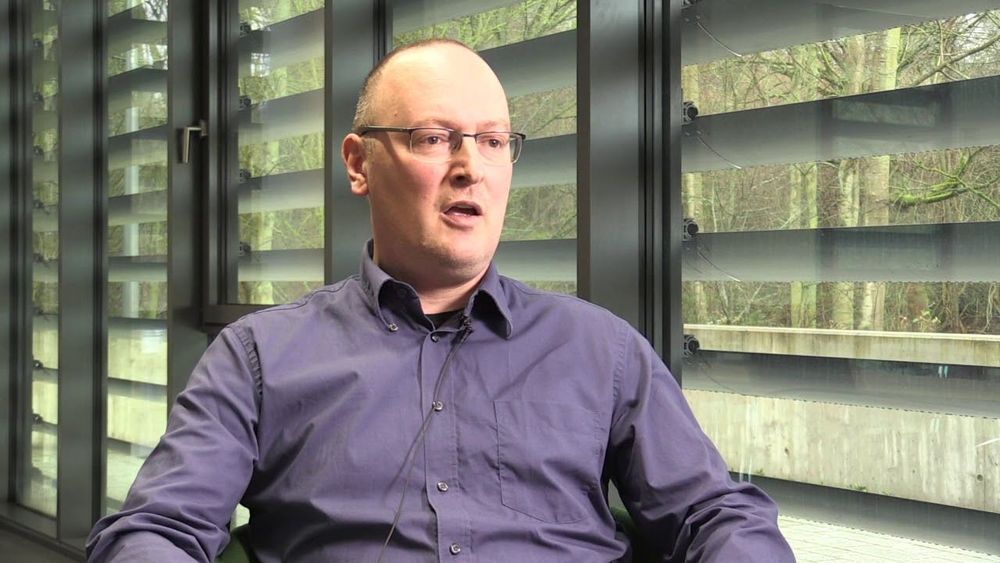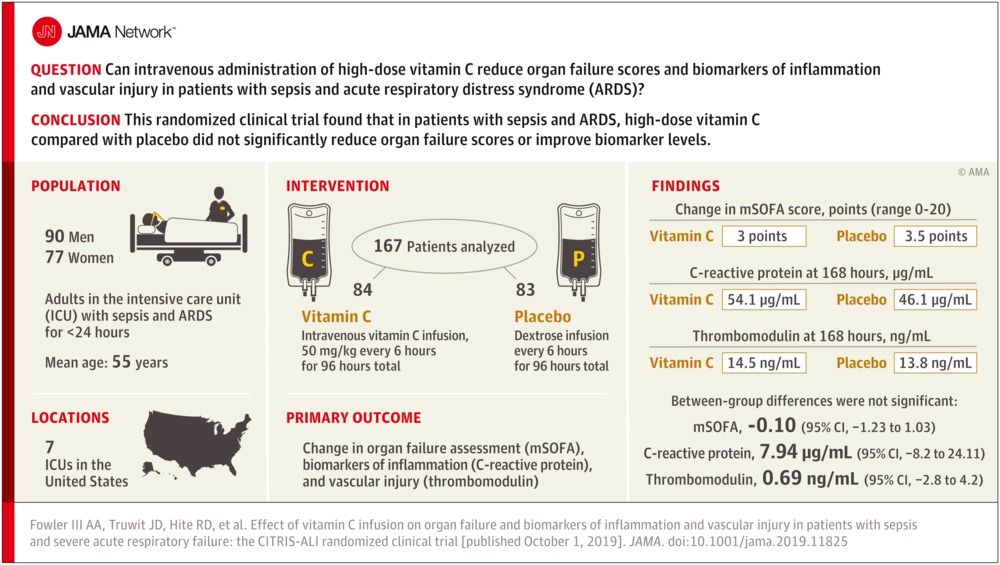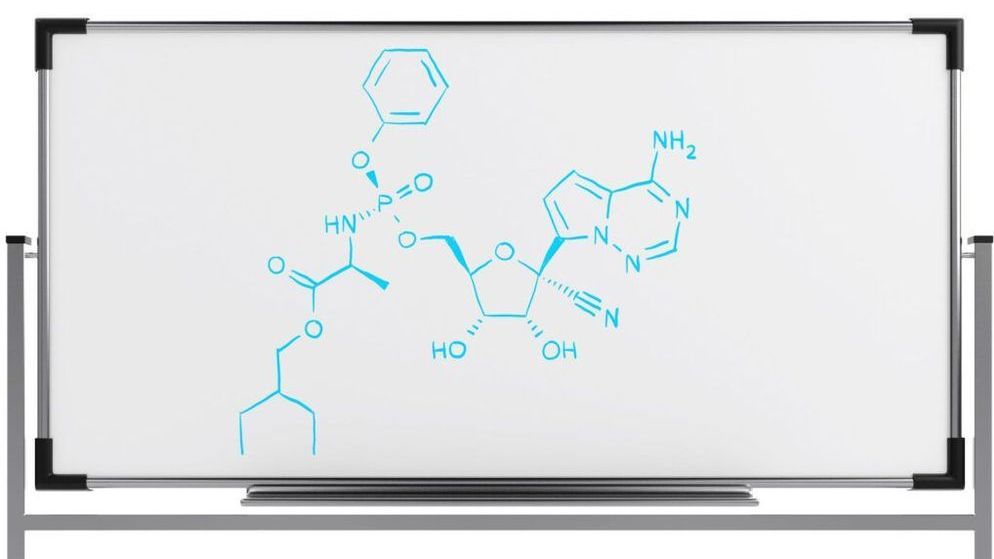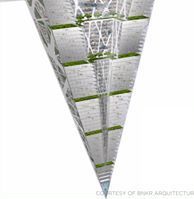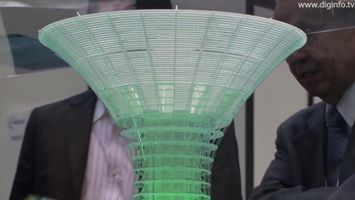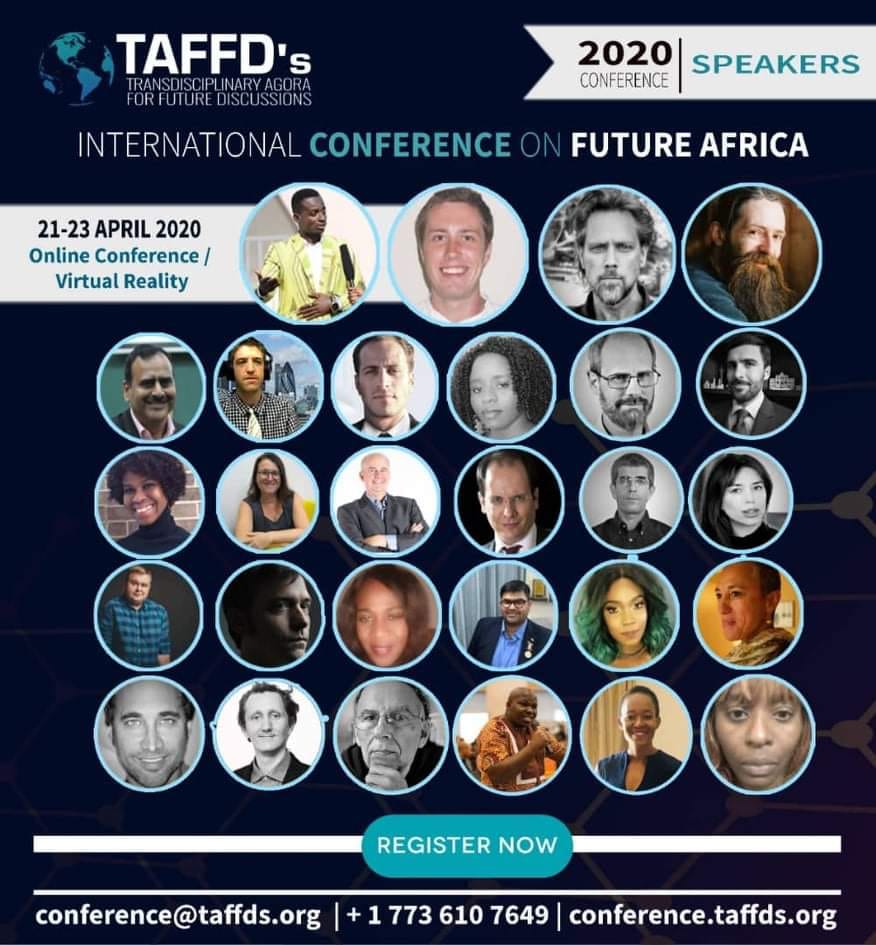Hospitals brace for coronavirus fight but fears about lack of equipment remain.
Clinicians and mechanical engineers from University College London (UCL) worked with Mercedes to create the continuous positive airway pressure (CPAP) device, which has been approved by the NHS.
The potentially life-saving technology has already been used in China, where coronavirus first emerged in December, and also in hospitals in Italy — the epicentre of the pandemic in Europe. The device helps COVID-19 patients with serious lung infections caused by the disease — such as pneumonia — to breathe more easily, when oxygen alone does not prove sufficient.
Formula One teams are among the British firms joining forces to provide UK hospitals with vital equipment for COVID-19 patients.
Just like any other virus, the coronavirus needs a host to survive. Viruses enter the cells of the human body to cause disease by attaching to a specific receptor site on the host cell membrane. To do this, they attach to proteins in the capsid through glycoproteins found in the envelope of the virus.
Now, infection biologists form the German Primate Center — Leibniz Institute for Primate Research in Göttingen, together with colleagues at Charité – Universitätsmedizin Berlin, have found how the novel coronavirus SARS-CoV-2 penetrates the cells.
Can intravenous administration of high-dose vitamin C reduce organ failure scores and biomarkers of inflammation and vascular injury among patients with sepsis and acute respiratory distress syndrome (ARDS)?
This randomized clinical trial compares the effects of treatment with intravenous vitamin C, hydrocortisone, and thiamine compared with intravenous hydrocortisone alone on duration of time alive and free of vasopressor use over 7 days in patients with septic shock.
Tomoko Fujii, MD, PhD; Nora Luethi, MD; Paul J. Young, MBChB, PhD; Daniel R. Frei, BSc, MBChB; Glenn M. Eastwood, PhD; Craig J. French, MB, BS; Adam M. Deane, MB, BS, PhD; Yahya Shehabi, MB, BS, PhD; Ludhmila A. Hajjar, MD, PhD; Gisele Oliveira, MD; Andrew A. Udy, MBChB, PhD; Neil Orford, MB, BS, PhD; Samantha J. Edney, BSN; Anna L. Hunt, BN, PGDipHSM, PGDipClinRes; Harriet L. Judd, BSN, PGDipHC; Laurent Bitker, MD; Luca Cioccari, MD; Thummaporn Naorungroj, MD; Fumitaka Yanase, MD; Samantha Bates, BN, PGDipCritCare; Forbes McGain, MB, BS, PhD; Elizabeth P. Hudson, MD; Wisam Al-Bassam, MBChB; Dhiraj Bhatia Dwivedi, BScNsg, MBA; Chloe Peppin, BN, PGDipCritCare; Phoebe McCracken, MPH; Judit Orosz, MD; Michael Bailey, PhD; Rinaldo Bellomo, MD, PhD; for the VITAMINS Trial Investigators.
Now, the descendant of that molecule — Gilead Sciences’ remdesivir — is being rushed to patients with infections from the novel coronavirus in hopes that it can reduce the intensity and duration of Covid-19 and ease the burden of the pandemic on health systems.
Remdesivir is now in the spotlight as scientists and governments scramble to hasten patients’ recovery and ease the pandemic’s burden on health systems.
What are Earthscrapers?
Posted in futurism
Singapore’s floating city could be real in 10 years.
Do you feel like Singapore is getting more crowded by the day? Apartment blocks are rising quickly everywhere, yet securing a home is still difficult for many.
Our land shortage problem is an age-old conundrum and having taller buildings isn’t going to help much anymore.
Because of the coronavirus pandemic, most schools and universities around the world have had to close. Institutions have turned to services such as Zoom and Google Classroom, which have skyrocketed to being the most popular ones on the Play Store. Google’s service has become so famous that it just passed 50 million downloads.
AppBrain’s data shows the app was not even in the top 100 most popular at the beginning of the month but has rapidly spiked starting March 10 to reach the top 5 most popular ones in the US last week. In fact, the app is also being downloaded massively all around the world, as it’s amongst the most installed ones in Indonesia, Mexico, Canada, Finland, Italy, and Poland as well.
In times like this, it’s heartwarming to see there are free platforms readily available for teachers and students to keep learning and stay in touch, helping them continue to learn despite being on lockdown.

